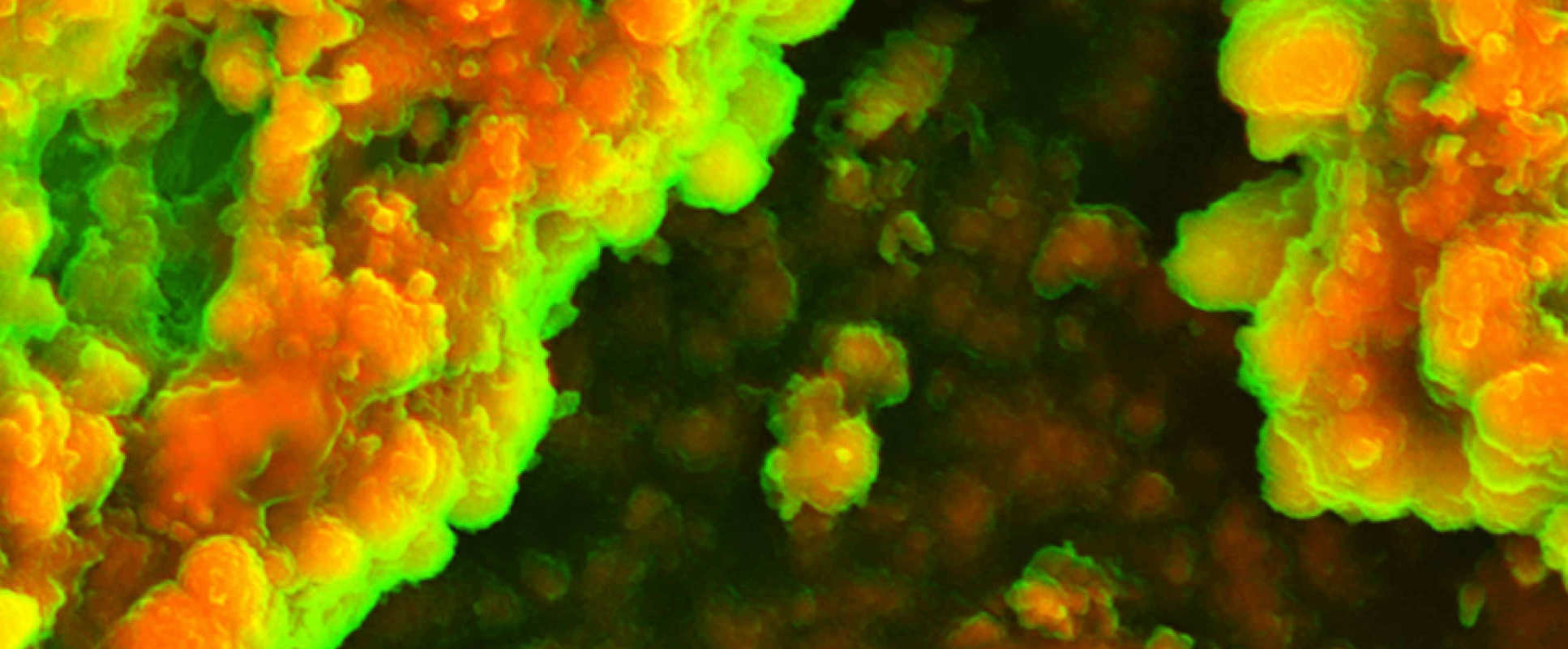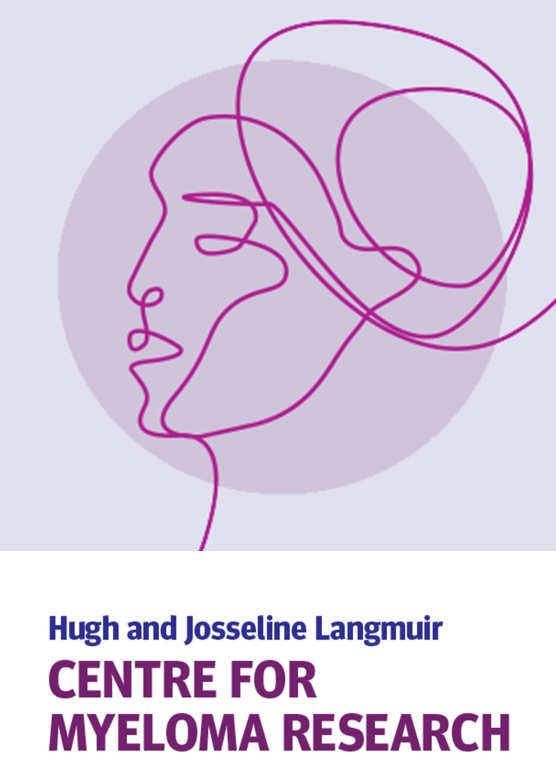
Contact
- CRUK Advanced Clinician Scientist
- Clinical Reader in Molecular Haemato-Oncology
+44 (0)20 3313 4017
holger.auner04@imperial.ac.uk
Areas of research
Proteotoxic stress and metabolism
Myeloma cells are characterised by a unique sensitivity to inhibitors of the proteasome, which is responsible for the controlled degradation of most cellular proteins that have become damaged or are otherwise unwanted. Nevertheless, resistance to proteasome inhibitors occurs in essentially all patients to varying degrees. Accumulation of misfolded proteins in the endoplasmic reticulum (ER), which triggers proteotoxic ‘ER stress’, is widely believed to be the main mechanism of action of proteasome inhibitors. However, data from our lab and other research groups suggest complex interactions between proteasomal protein degradation and multiple metabolic processes. Our aim is to find metabolic and proteostatic vulnerabilities that we can exploit therapeutically.
Tissue biophysics in myeloma biology
Several important aspects of cancer cell biology are influenced by mechanical cues from the surrounding tissue. In particular, mechanical interactions and matrix remodelling have been shown to govern cancer cell metabolism. Tissue stiffness also impacts on normal haematopoiesis, and mechanical cues are known to modulate therapeutic responses. Moreover, we have shown that proteostasis-targeting drugs can alter tissue physical properties. We aim to understand how tissue stiffness and nutrient availability act together to rewire metabolic networks and regulate drug responses in myeloma.
Results
- Showing results for:
- Reset all filters
Search results
-
Journal articleFerreira SA, Motwani MS, Faull PA, et al., 2018,
Bi-directional cell-pericellular matrix interactions direct stem cell fate (vol 9, 5419, 2018)
, NATURE COMMUNICATIONS, Vol: 9, ISSN: 2041-1723 -
Conference paperYong K, Hinsley S, Sherratt D, et al., 2018,
Carfilzomib Versus Bortezomib in Combination with Cyclophosphamide and Dexamethasone for Treatment of First Relapse or Primary Refractory Multiple Myeloma (MM): Outcomes Based on Genetic Risk and Long Term Follow up of the Phase 2 Muk <i>Five</i> Study
, 60th Annual Meeting of the American-Society-of-Hematology (ASH), Publisher: AMER SOC HEMATOLOGY, ISSN: 0006-4971- Author Web Link
- Cite
- Citations: 2
-
Journal articleFerreira SA, Motwani MS, Faull PA, et al., 2018,
Bi-directional cell-pericellular matrix interactions direct stem cell fate (vol 9, 4049, 2018)
, NATURE COMMUNICATIONS, Vol: 9, ISSN: 2041-1723 -
Conference paperMorris C, Chabannon C, Masszi T, et al., 2018,
Analysis of Data Collected in the European Group for Blood and Marrow Transplantation (EBMT) Registry on a Cohort of Myeloma Patients Receiving Plerixafor
, 44th Annual Meeting of the European-Society-for-Blood-and-Marrow-Transplantation (EBMT), Publisher: NATURE PUBLISHING GROUP, Pages: 761-762, ISSN: 0268-3369 -
Conference paperGarderet L, Sbianchi G, van der Werf S, et al., 2018,
Impact of induction regimen duration before autologous stem cell transplantation in myeloma
, 44th Annual Meeting of the European-Society-for-Blood-and-Marrow-Transplantation (EBMT), Publisher: NATURE PUBLISHING GROUP, Pages: 650-651, ISSN: 0268-3369
This data is extracted from the Web of Science and reproduced under a licence from Thomson Reuters. You may not copy or re-distribute this data in whole or in part without the written consent of the Science business of Thomson Reuters.
